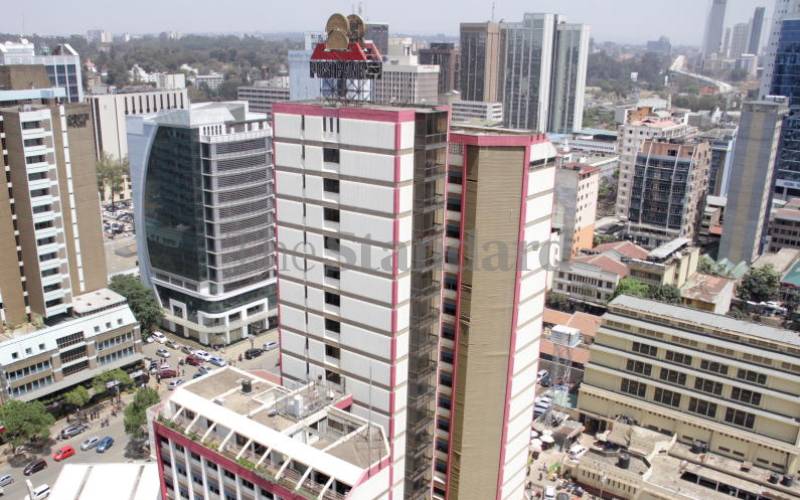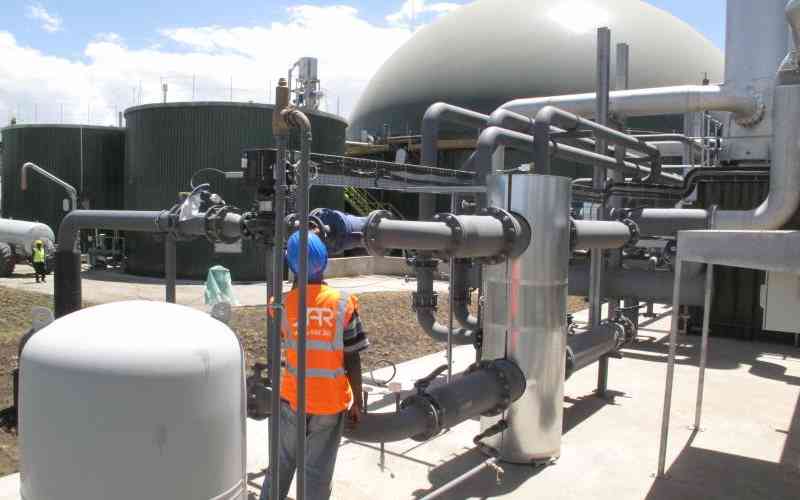×
The Standard e-Paper
Join Thousands Daily

Land and property prices in Nairobi and its environs are ‘self-correcting due to market forces with a new report revealing a drop of up to 27 per cent.
A recent Macro Strategy Report published by EFG Hermes, a financial service company, which analysed land prices in the high-end market segment, upper-middle and satellite towns found that the pricing was significantly lower in the first quarter of 2021 compared to the past four years.







